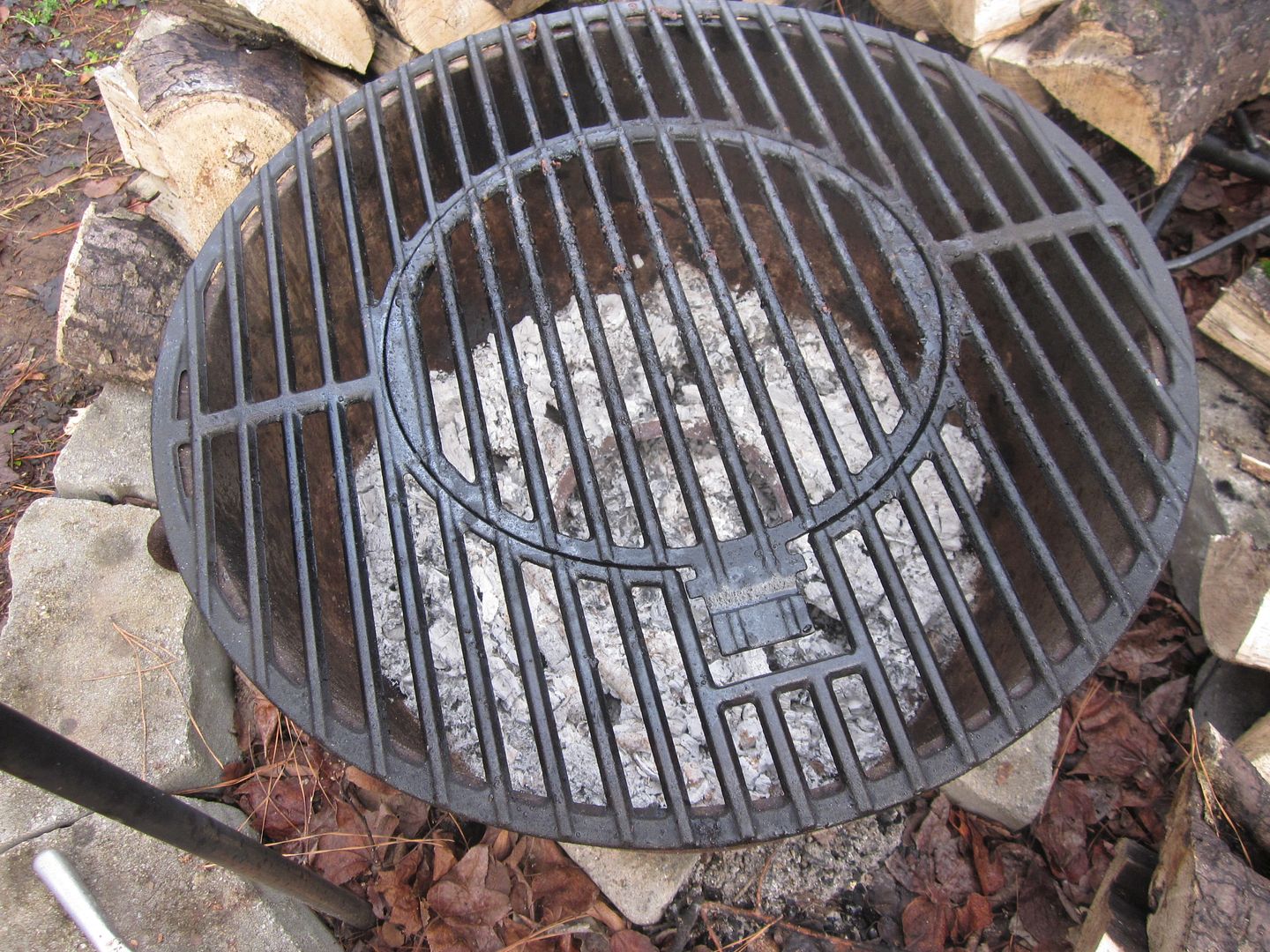Hello!
I've some questions about the cast iron seasoning.
Using high temperature helps polymerization. But it makes a better polymerization also creating a layer harder. Is it correct?
Is it necessary or not exceed the smoke point during seasonig? Why?
After seasonig, cooking with temperatures above the smoke point seasonig oil causes problems? I think not, but why?
The polymerization stops rancidity?
Why apply oil with hot cast iron? Why not apply oil with cold cast iron and bake after?
Thanks
I've some questions about the cast iron seasoning.
Using high temperature helps polymerization. But it makes a better polymerization also creating a layer harder. Is it correct?
Is it necessary or not exceed the smoke point during seasonig? Why?
After seasonig, cooking with temperatures above the smoke point seasonig oil causes problems? I think not, but why?
The polymerization stops rancidity?
Why apply oil with hot cast iron? Why not apply oil with cold cast iron and bake after?
Thanks

